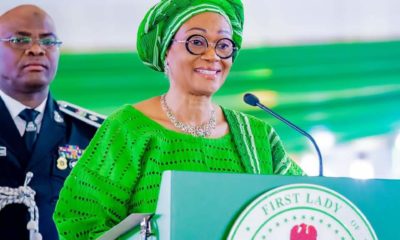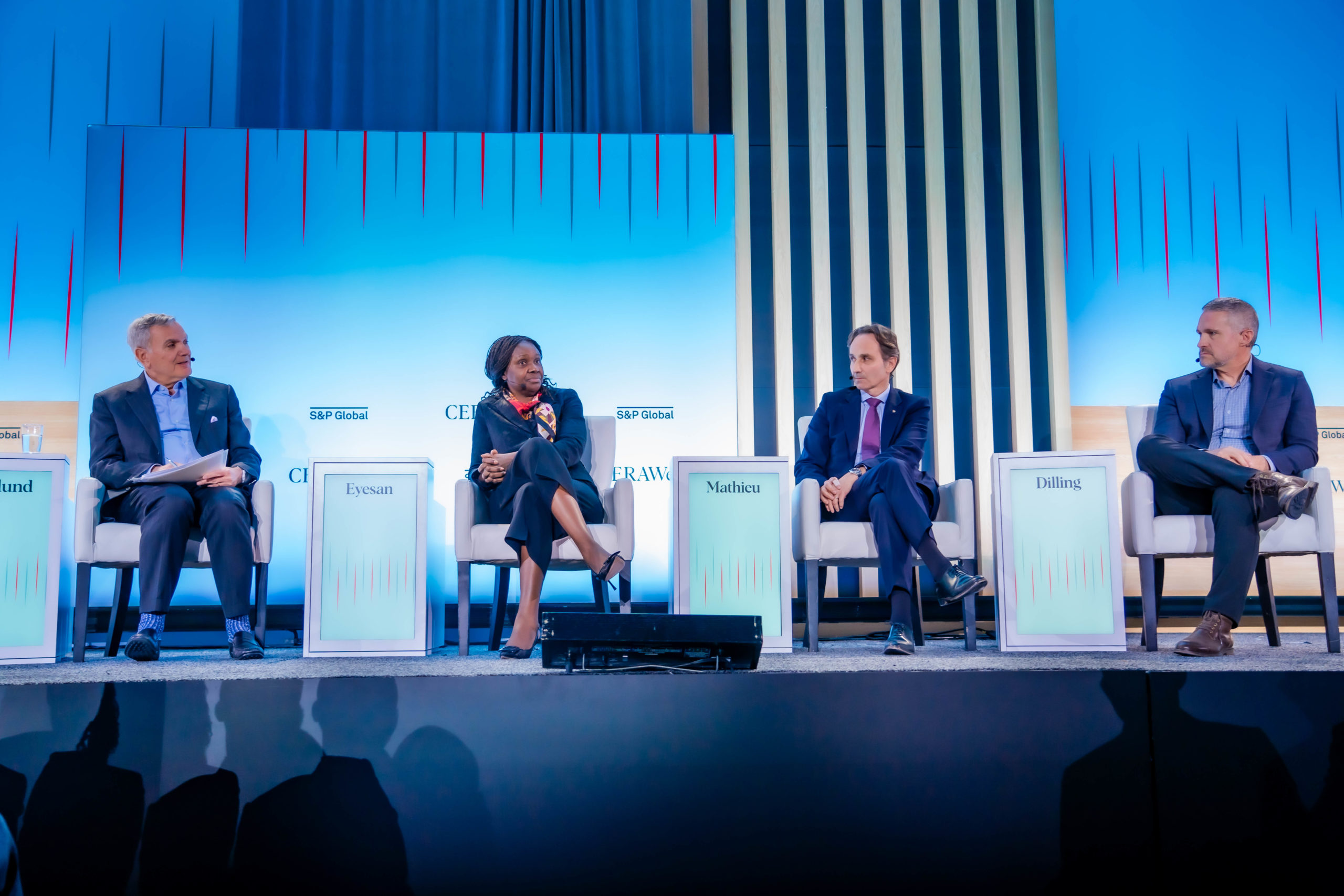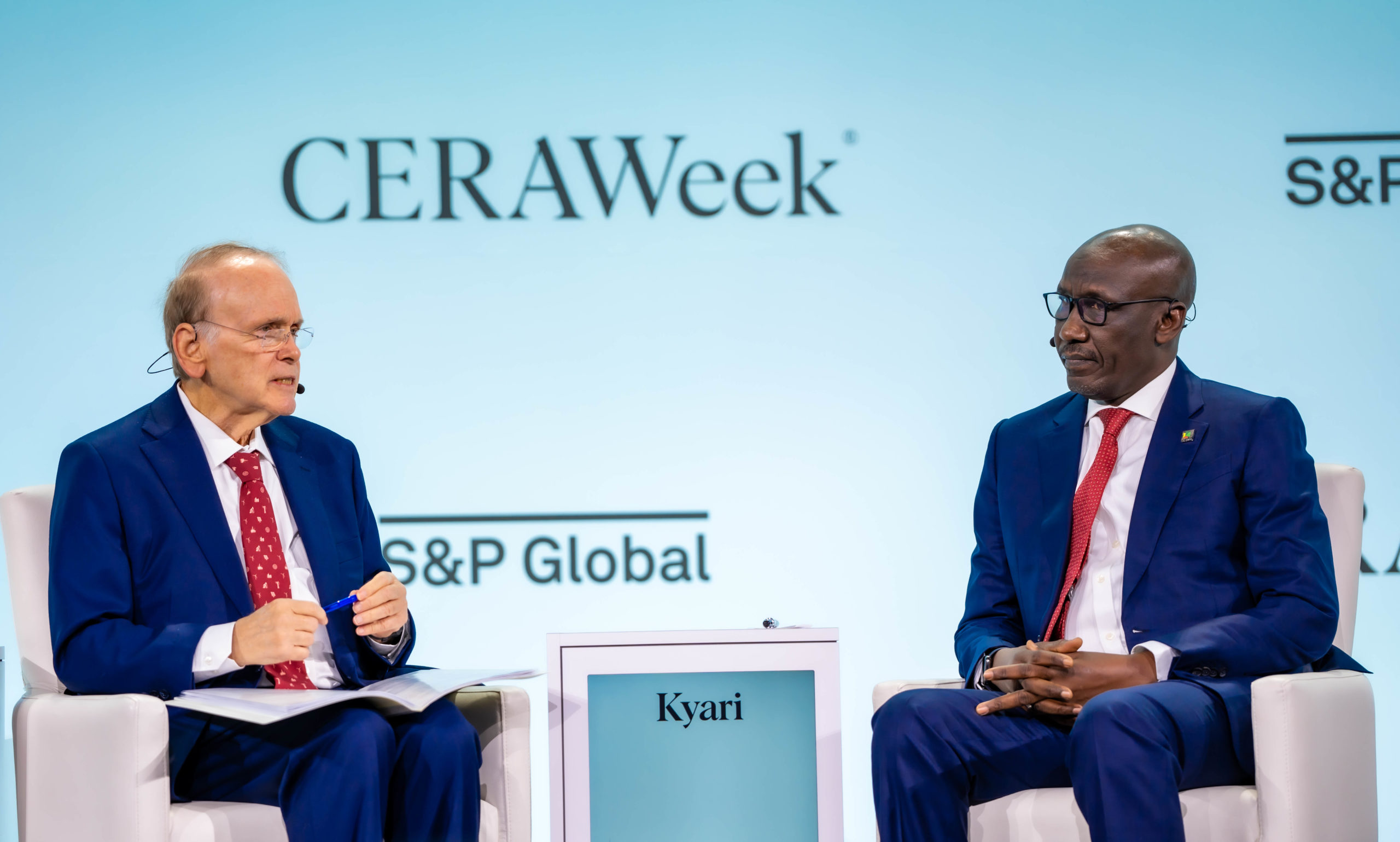Energy
FG, Independent Marketers, Labour At Daggers Drawn Over Fuel Price

Palpable fear of mass tumult against the Nigerian Government owing to harsh economic realities might have forced the hand of the authorities in making public statements that there would be no further increase in the pump price of Premium Motor Spirit, popularly called petrol.
But this has not gone down well with the independent marketers, who insist that given the current market realties, there would be costs that the government has to take up or would be passed to the people.
In plain language, the marketers are insisting that either subsidy is reinstated or market forces would continue to determine the prices of products.
Biztellers served you a report that the Nigerian National Petroleum Company Limited (NNPCL) made it clear that it was not considering an upward adjustment in the pump price of petrol.
The state oil company, took its verified X (initially Twitter) handle, @nnpclimited late Monday to make the assertion.
The tweet, seen in several quarters as a move to douse tensions, was addressed to customers.
It reads, “Dear esteemed customers, we at NNPC Retail value your patronage, and we do not have the intention to increase our PMS pump prices as widely speculated.
“Please buy the best quality products at the most affordable prices at our NNPC Retail Stations nationwide.”
Being sensitive to the fact that he had been sitting on a keg of gunpowder, President Bola Ahmed Tinubu followed up on the tweet by NNPCL with his own tweet, assuring that there would be no hike in the pump prices.
On Tuesday, President Tinubu in an attempt at reassuring the populace, declared that there would not increase in the pump price of petrol.
President Tinubu at his verified official X handle, @NGRPresident tweeted, “Mr President and the industry stakeholders who have been widely consulted and convinced, based on information before them, that we can maintain current pricing without reversing our deregulation policy by swiftly cleaning up existing inefficiencies within the midstream and downstream Petroleum sector.
“This is why there is no increase in prices at this time”.
The statement, which was per say, issued under the seal of President Tinubu under the subject, “On the Purported Pending Increase in Fuel Prices” was signed by Official Spokesperson to President Bola Ahmed Tinubu, Ajuri Ngelale.
Many informed Nigerians have been reacting to the posturing from government quarters – the NNPCL and the Presidency, in a way that has made it begin to sound like a grandstanding by the authorities.
For instance, the statement from President Tinubu had spoken about consulting and convincing stakeholders with available information.
It also pointed to ‘cleanup’ of certain areas of the midstream and downstream sector without letting the world know what was required, who would be responsible and how long it would take.
The first salvo against the attempt to pool the wool over the people’s eyes was from fiery Nigerian journalist, Rufai Oseni, who asked for details of what it cost to get petrol to the pump for dispensing to consumers.
He took to his verified X handle, @ruffydfire to call attention to the fact that information being bandied in the public might have been inadequate.
He tweeted, “Dear NNPC, kindly let us know how you calculate petrol prices in Nigeria, stating inspection cost, Landing from Amsterdam or Rotterdam to Togo or to Nigeria, then state other cost components that make up the final price, factor in fx fluctuations.
“Thank you”.
Another sensitive aspect is that those in power want the world to believe that the market has been deregulated and will remain so but the reality on ground speaks differently.
Fuel queues are already beginning to show in certain parts of Nigeria, including Lagos and Abuja, while price hike is manifest with independent marketers having adjusted pump prices in different locations in tune with realities.
The base pump price of petrol has shifted from N612/litre to N670/litre. It was gathered that that the minimum price applied to NNPCL Retail outlets and some other filling stations, while others determined what prices to sell at.
Expectations are rife that this adjustment would see petrol being sold at above N800/litre at filling stations across Nigeria in locations outside Lagos and Abuja.
It had been hovering around N750/lite in those locations before this recent impact of foreign exchange and Brent price at the global market.
As that is playing out, Ngelale shared a graphic presentation of pump prices of petrol across West Africa, depicting Nigeria as the lowest.
Interestingly the second and more important salvo had come from the stakeholders that President Tinubu’s statement claimed were consulted and convinced.
The Independent Oil Marketers have taken the position that only a return to the subsidy regime would see the current price maintained.
Secretary, Independent Petroleum Marketers Association of Nigeria, Abuja-Suleja, Mohammed Shuaibu, on Tuesday, opined that government should reconsider reversing itself because the subsidy removal has come with adverse economic impact.
He said, “Let them not do the needful. (Else, there) will see the consequences. We learned this morning that Kenya, which equally removed subsidy and noticed that its effect was so hard on the citizens, has again resumed the subsidy regime for the period of two months,”
He added, “Government is about the people and must have a listening ear. For Nigeria, how can we be an oil producing nation with four refineries and all of them are down?
“When he (President Tinubu) announced it (subsidy removal), we said it was going to bring problems. Are we not feeling the consequences of that announcement now? It is forex that largely determines the cost of petroleum products here.
“Marketers are not willing to import products again. So, if the government is going to relax the removal of subsidy for a while, it should better do that as a matter of urgency.”
While the government quarters and the relevant stakeholders are engaged in what now appears to be mind games and structured perception management messaging, Oseni on Tuesday shared what he considered the presenting landing cost of petrol in Nigeria.
He tweeted, “A breakdown of the landing cost of petrol showed that while product cost, as of yesterday (Monday August 14, 2023), was N627.82 per litre, finance cost was N11.61, and operations/administrative cost, N12.32, bringing the total landing cost to N651.75 per litre”.
As things stand, it appears that the reality confronting Nigerians is sterner economic hardship which would follow additional increases in the pump prices of petrol.
Alternatively, the government would have to swallow her pride and go back to subsidy.
Analysts are of the opinion that all outlets serving petrol below the calculated landing cost must have an avenue to recoup the outlay, which signals the obituary of the subsidy removal policy of the President Tinubu administration.
Given that organised labour, through the Nigerian Labour Congress (NLC) had placed relevant stakeholders on notice of immediate industrial action any time pump price of petrol is increased, it portends that a lot of wisdom would be required to avert crises in the present circumstances.
Energy
Sahara Group Urges More Refining, Storage To Boost Africa’s Downstream
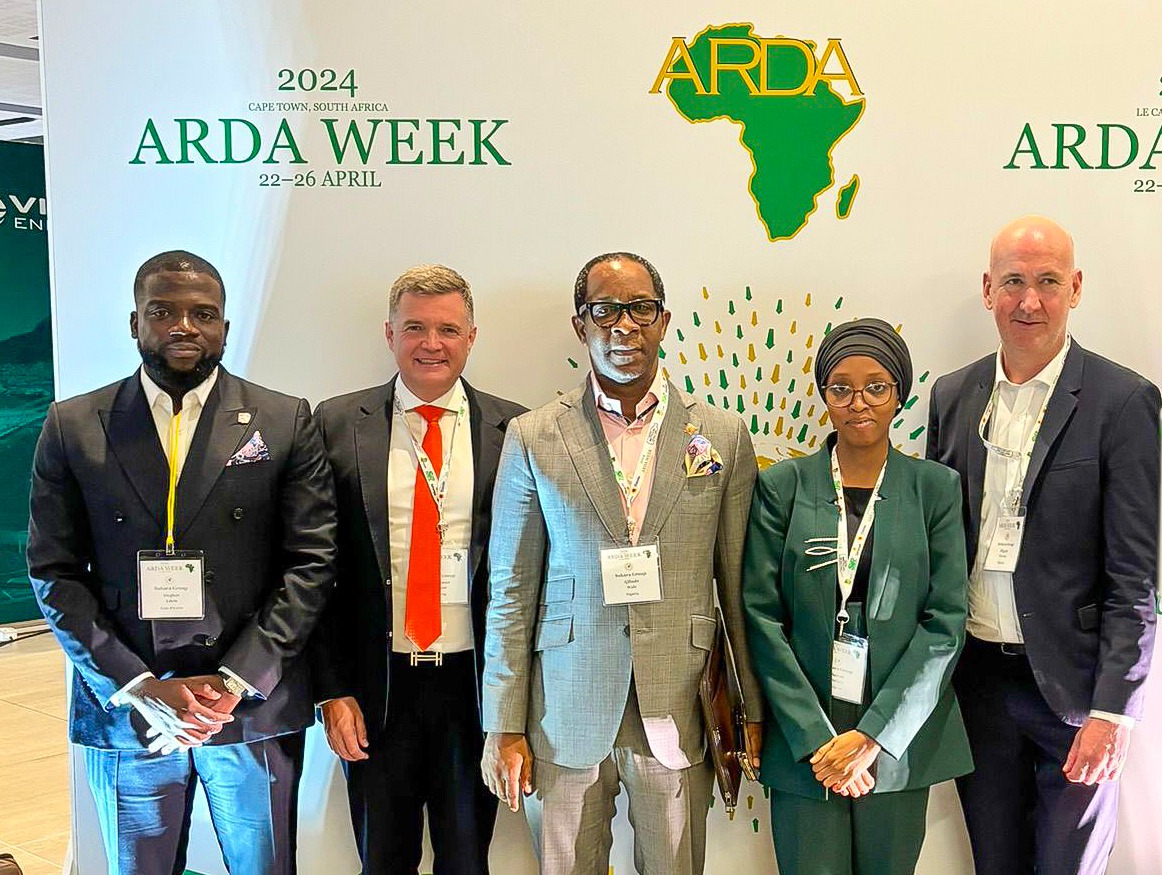
Inadequate refining capacity, insufficient storage, and impeded product movement across Africa are the three major impediments slowing the growth of the continent’s downstream oil sector, Wale Ajibade, Executive Director, Sahara Group has said.
Ajibade expressed his views in a paper “Africa Downstream Market Developments and Forecast” presented at the recently concluded Africa Refiners and Distributors Association (ARDA) Week 2024 in Cape Town, South Africa.
He maintained that addressing these gaps would transform Africa’s downstream petroleum industry.
Biztellers reports that the ARDA Week 2024 is Africa’s foremost gathering of stakeholders in the downstream oil industry.
Ajibade noted that shoring up the continent’s refining capacity was critical to sustaining efficiency, availability and accessibility in the sector.
He explained that as Africa explored ways of achieving hitch-free energy transition, efforts must be made to ensure optimisation of the sector’s value responsibly and collaboratively.
In his words, “Many African countries lack sufficient refining capacity to meet domestic demand, leading to heavy reliance on imports. This lack of self-sufficiency leaves these markets vulnerable to supply disruptions.
“Addressing this would require fresh investments and collaboration across the sector’s value chain.”
On insufficient storage infrastructure, Ajibade pointed out that this has continued to hamper the ability to maintain strategic reserves and ensure reliable supply during times of high demand or supply chain disruptions.
“In East Africa, shippers at Beira, Dar es Salaam and Mombasa — the key entry ports for refined products — are experiencing significant demurrage. Ageing and poorly maintained pipeline networks result in significant product losses and distribution bottlenecks,” he stated.
According to him, a collaborative solution which involves regulators, operators, investors, financial institutions, and government owned oil companies is required to help the African downstream sector to reach its full potential and provide reliable and affordable energy access to the continent’s growing population.
“Africa’s downstream Market leaders will need to work closely with her the various governments and agencies to carefully navigate the complex challenges through regulation and technology adoption while pushing for sustainable growth across Africa,” he added.
He also stated that the continent increasingly relied on imports of refined products to support consumption growth, primarily due to the underutilisation of existing refineries caused by technical issues.
He called for, “Investments in refinery upgrades, pipeline modernisation, and the construction of new storage facilities will be crucial to overcoming these challenges and unlocking the region’s energy security and economic development.”
Highlighting some positive trends in the sector, Ajibade said the African downstream market is experiencing rapid growth and transformation, driven by soaring energy demand, population growth, and the focus on industrialisation, urbanisation, and economic He explained that these would drive the demand for refined petroleum products, petrochemicals, and related downstream services is forecasted to grow by up to 30% by 2040.
“Africa is experiencing a lot of migration from rural to urban areas. In 2015, Africa had only six cities with more than five residents compared to 17 expected in 2030. Africa has experienced an increase in the number and capacity of industries across the continent, with industrial GDP set to double by 2025,” he said.
On the promotion of regional and cross-border trade, Ajibade noted that initiatives such as the African Continental Free Trade Area are promoting regional integration and facilitating cross-border trade in downstream products.
“This is encouraging investments in integrated downstream assets, logistical infrastructure, and harmonised regulatory frameworks to capitalise on the expanded market opportunities,” concluding that production of chemicals, plastics, lubricants, and specialty products would foster self-sufficiency and spur economic growth through increased job creation, reduced import reliance and enhanced technological innovation,” he added.
Energy
NNPC Ltd, Partner Unlock 12,000bpd Production From Awoba Unit Field
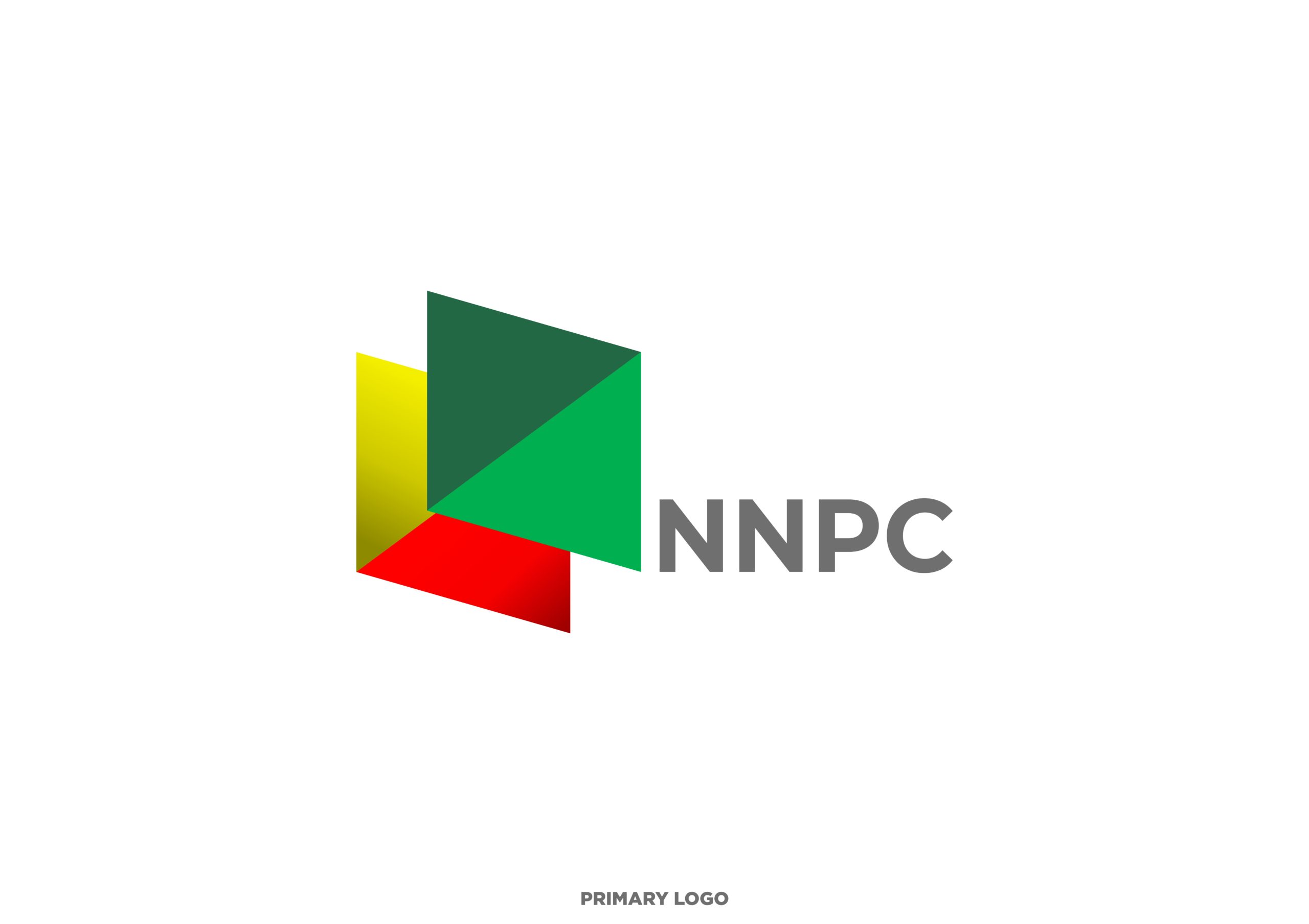
Keen on optimising production from the nation’s hydrocarbon assets to boost revenues and meet her OPEC production quota, the Nigerian National Petroleum Company Limited (NNPC Ltd.) and its Joint Venture partner in the Awoba Unit Field, Newcross Exploration and Production Ltd., have restarted production from the Awoba field which last contributed production to the Bonny Terminal in 2021 and was finally shut down in February 2022 due to evacuation issues and crude oil theft.
This was contained in a statement put out on the state oil company’s X handle on Tuesday from Abuja, under the signature of its Chief Corporate Communications Officer, Olufemi O. Soneye.
He asserted that since the restart of the Awoba field by NNPC Ltd and it partners on April 13, 2024; production from the field has averaged 8,000 barrels per day and is expected to plateau at 12,000 per day at full ramp up within 30 days.
Awoba is also expected to significantly boost gas supply to the power sector and other gas-based industries, Soneye added.
Biztellers reports that the Awoba Unit which straddles OMLs 18 and 24 is located in the mangrove swamp south of Port Harcourt, Rivers State. Both OML 18 and OML 24 assets are under the management of the NNPC Upstream Investment Management Services (NUIMS).
Recall that the NNPC Ltd. has been recording a string of production successes from the JV portfolio which have significantly lifted overall national production. Besides the recent start of production at the Madu Field by the NNPC Ltd/First E&P JV, the company has achieved the restart of production at OMLs 29 and OML 18 in late 2023 which have steadily contributed an average of 60,000bpd to the nation’s production output since their restart.
The Group Chief Executive Officer of NNPC Ltd., Mallam Mele Kyari, ascribed the achievement to the President Bola Ahmed Tinubu administration’s success in providing enabling operating environment for businesses to thrive.
He expressed appreciation to all stakeholders (staff, operators, host communities, government security agencies, and private security contractors) who played a pivotal role in achieving the feat.
Energy
NNPC Ltd, First E&P Achieve 20,000bpd Production At OML 85
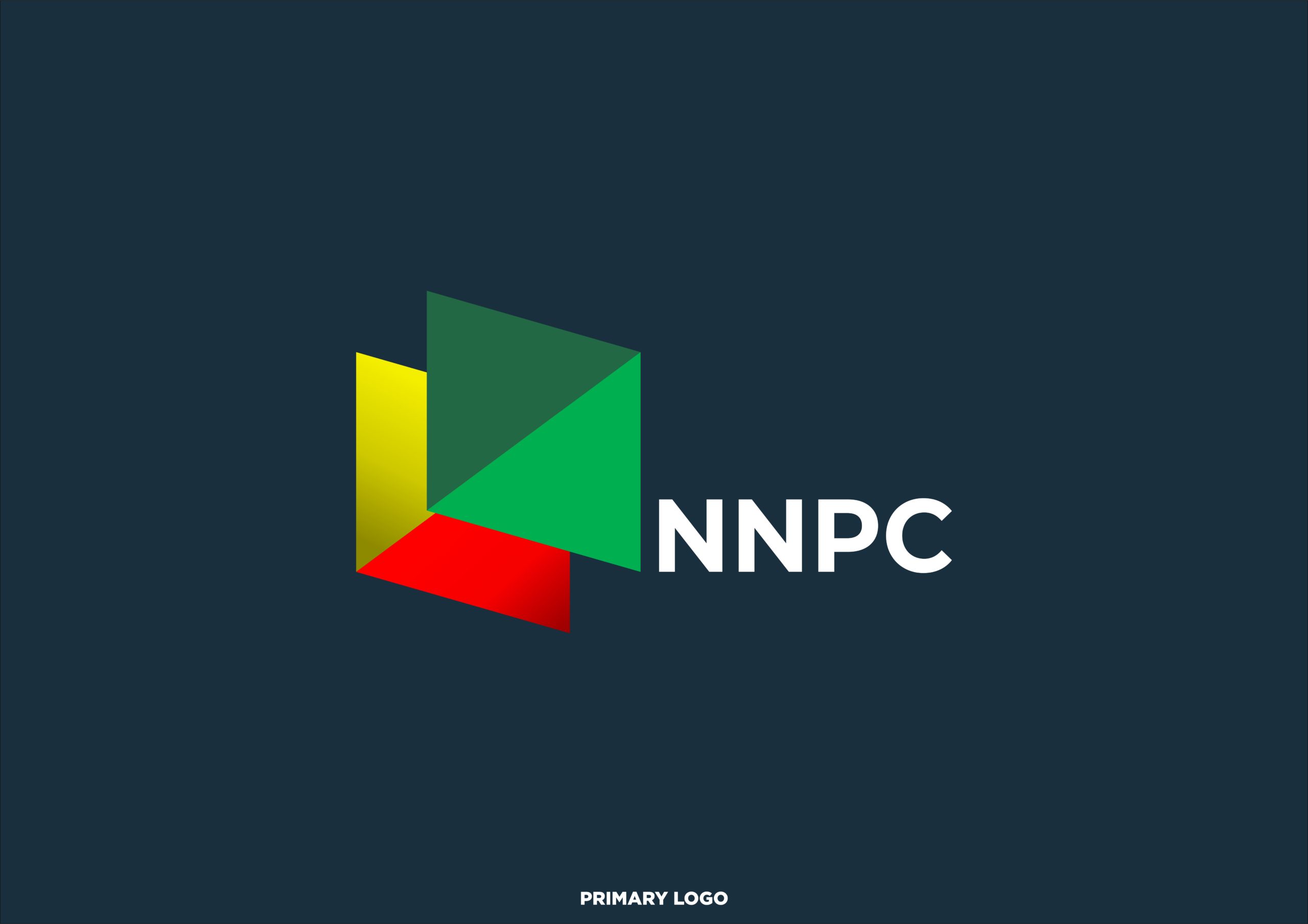
The Nigerian National Petroleum Company Limited (NNPC Ltd) and its Joint Venture partner in OML 85, First Exploration and Petroleum Development Company Limited (First E&P), have commenced oil production from the asset also known as Madu Field.
Biztellers reports that production from the field which is located in shallow waters offshore Bayelsa State and operated by First E&P is expected to be at an average of 20,000 barrels per day.
The achievement is a testament to the commitment of the President Bola Tinubu administration to optimise production from the nation’s oil and gas assets through the provision of enabling environment for existing and prospective investors.
According to the Group Chief Executive Officer of NNPC Ltd, Mele Kyari, the commencement of oil production at the Madu Field is a significant milestone that will contribute to the larger goal of meeting the production required to drive revenue growth and boost the nation’s economy.
He commended stakeholders for their support, and opined that the addition of 20,000 barrels per day by an indigenous oil player signals the commitment of stakeholders to achieving economic development for Nigeria.
Recall that the Final Investment Decision (FID) on the development of the Madu Field and a sister field, Anyala, was taken by the NNPC Ltd/First E&P JV in 2018.
Production from the Madu Field will be processed at the JV’s Abigail-Joseph Floating Production Storage and Offloading (FPSO) Unit, which has a crude oil storage capacity of up to 800,000bbls.

